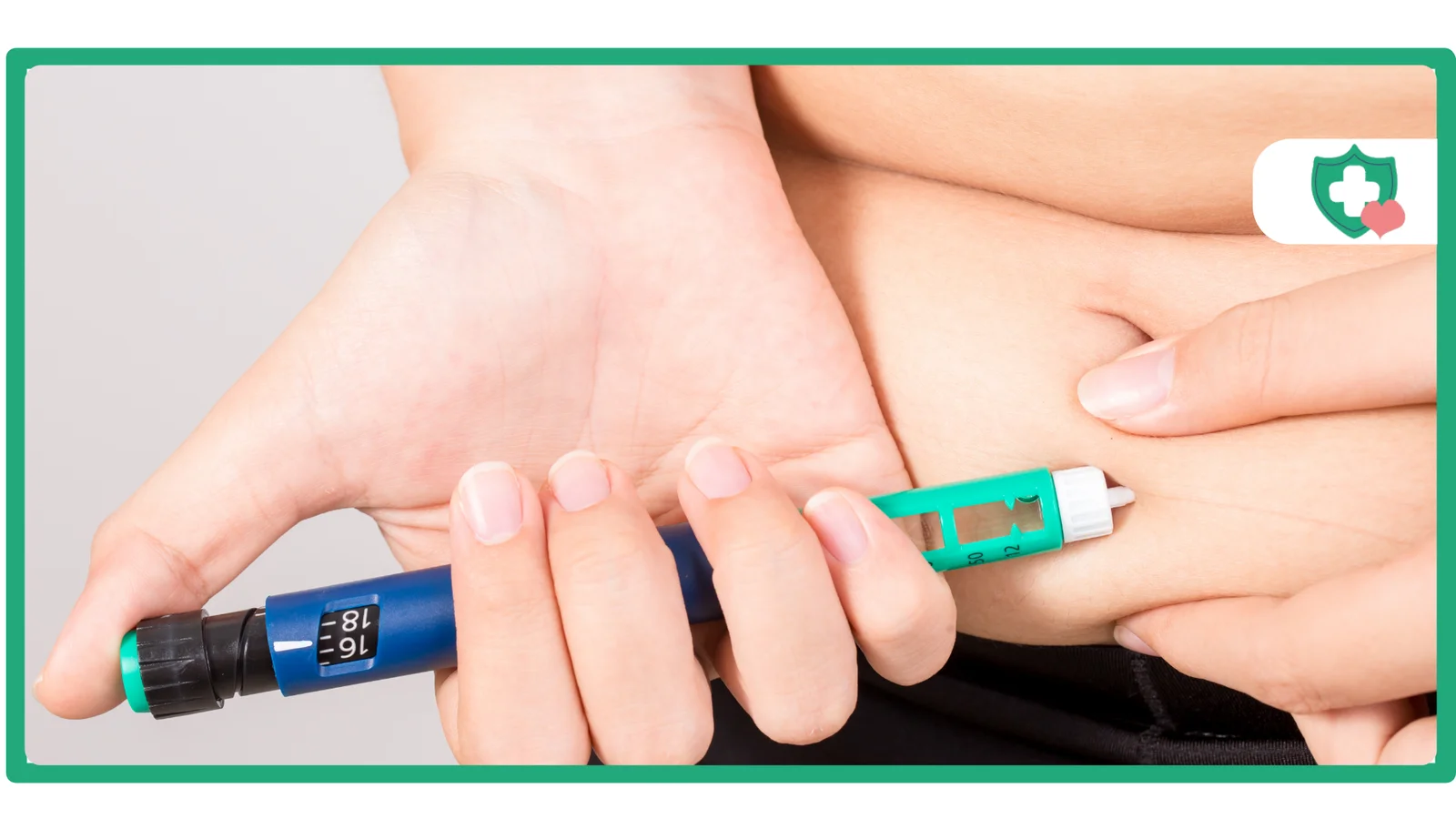Thinking about starting Tirzepatide? You’re not alone! This medication is getting a lot of attention for helping people manage type 2 diabetes and achieve amazing weight loss. But before you begin, the most important step is having a good, honest chat with your doctor.
To help you get ready, we’ve made a simple checklist of questions. Being prepared helps you feel confident and in control of your health. So, the big question is, What Should I Ask My Doctor Before Starting Tirzepatide? An informed patient is an empowered patient, and this guide will help you start that crucial dialogue.
Understanding Tirzepatide
Before you talk to your doctor, it helps to know a little about the medication. Think of Tirzepatide as a smart messenger in your body. It works in two ways to help you.
First, it helps your body control blood sugar levels, which is great for type 2 diabetes. Second, it signals to your brain that you are full and slows down how quickly food leaves your stomach. This powerful combo helps reduce your appetite and leads to weight loss.
You might have heard of it by its brand names, Mounjaro and Zepbound. It’s helpful to know that Tirzepatide is the active ingredient in both of these popular medications.
Questions About Your Personal Health and Eligibility
Tirzepatide is a great option for many, but it’s not for everyone. Your personal health history is the number one thing your doctor will consider. That’s why having a detailed discussion with a qualified medical provider is so important to see if you’re a good fit.
Is Tirzepatide the Right Choice for My Goals?
Be clear with your doctor about what you hope to achieve. Do you want to lower your A1c, lose a certain amount of weight, or just feel healthier overall?
Studies show that many people using Tirzepatide can lose 20% of their body weight on average, but it’s important to set realistic goals for yourself. You should also ask if there are other treatments you should think about first.
How Will Tirzepatide Interact with My Current Medical Conditions?
Your doctor needs to know about your entire health history. Some conditions don’t mix well with Tirzepatide, so be sure to tell your doctor if you have ever had them.
Be upfront if you have a personal or family history of pancreatitis, medullary thyroid carcinoma (MTC), or Multiple Endocrine Neoplasia syndrome type 2 (MEN 2). Also, mention any issues you’ve had with your kidneys or stomach, like gastroparesis.
What About My Current Medications and Supplements?
Make a full list of everything you take. This includes prescriptions, over-the-counter drugs, vitamins, and herbal supplements. Yes, everything!
Some medicines can interact with Tirzepatide, so your doctor needs the complete picture to keep you safe. This is especially important if you are already taking other medications for diabetes.
Questions About the Tirzepatide Treatment Process
Once your doctor says you’re a good candidate, you’ll want to know what to expect.
What Can I Expect from the Tirzepatide treatment program?
Ask for the details on what your Tirzepatide treatment program will look like. The medication is usually given as an injection with a tiny needle, just under the skin. It’s not as scary as it sounds, but you should ask for a demonstration.
You should also ask where on your body to do the injection (like your stomach, thigh, or upper arm) and if you should switch spots each time. It’s also a good time to ask about the cost. Getting your Tirzepatide prescription online can be straightforward.
For instance, some all-inclusive plans are available, starting around $399 for the first month and then about $299 monthly after that, which covers both the prescription and the medication itself.
What is the Dosing Schedule and How is it Adjusted?
You won’t start on the highest dose. Instead, your doctor will start you on a low dose and increase it slowly over several weeks or months.
This process is called titration, and it helps your body get used to the medicine. This smart approach minimizes side effects. Also, be sure to ask what you should do if you ever forget to take a dose.
Understanding Potential Side Effects and How to Manage Them
Every effective medicine can have side effects. The good news is that most are mild and manageable. Being prepared for them will help you have a much smoother experience.
What are the Most Common Side Effects?
The most common side effects are related to your stomach. You might experience things like nausea, diarrhea, feeling full quickly, or constipation.
What are the Serious (But Rare) Side Effects I Should Watch For?
Now for the serious stuff. It’s very rare, but you need to know the warning signs.
Ask your doctor to explain the symptoms of more serious issues like pancreatitis (severe stomach pain that won’t go away), gallbladder problems, or a severe allergic reaction. Knowing what to look for will help you act quickly if needed. If you ever experience these, you should get medical help right away.
Questions About Lifestyle, Diet, and Long-Term Success
Tirzepatide is a powerful tool, but it works best when it’s part of a healthy lifestyle. Think of it as a teammate, not a magic wand. This part of the conversation is key to your long-term success.
What Dietary Changes Will Maximize the Medication’s Effectiveness?
Food is a big part of the journey. Ask your doctor for advice on what to eat.
Focusing on lean protein, fiber, and healthy fats can help you feel your best and support your goals. It’s also a good idea to ask if there are any foods you should avoid to prevent side effects. Staying hydrated is also very important!
What is the Recommended Exercise Routine?
Ask what kind of exercise would be best for you. For many, starting with a daily walk is a perfect way to begin.
How Will We Monitor My Progress and Communicate?
You and your doctor are a team, so good communication is a must. Ask how often you’ll need to have check-ins or follow-up appointments to track your progress.
It’s also important to know how you’ll be communicating with your medical team between appointments. Having a way to ask questions or share concerns easily will give you peace of mind.
What is the Long-Term Plan?
This is a critical part of knowing What Should I Ask My Doctor Before Starting Tirzepatide?. Is this a medication you’ll be on for life?
Talk to your doctor about the long-term plan. What happens when you reach your health or weight goal? Is there a maintenance dose, or will you stop taking it? Understanding the road ahead will help you stay motivated.
By discussing your health, the treatment process, side effects, and your long-term lifestyle plan, you and your doctor can build a strategy that’s safe and effective for you. Never hesitate to ask, “What Should I Ask My Doctor Before Starting Tirzepatide?”—the answers will pave the way for a successful and healthy journey.

















